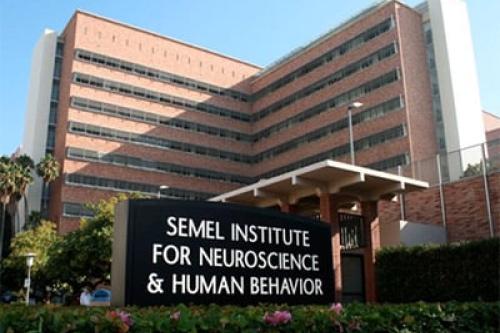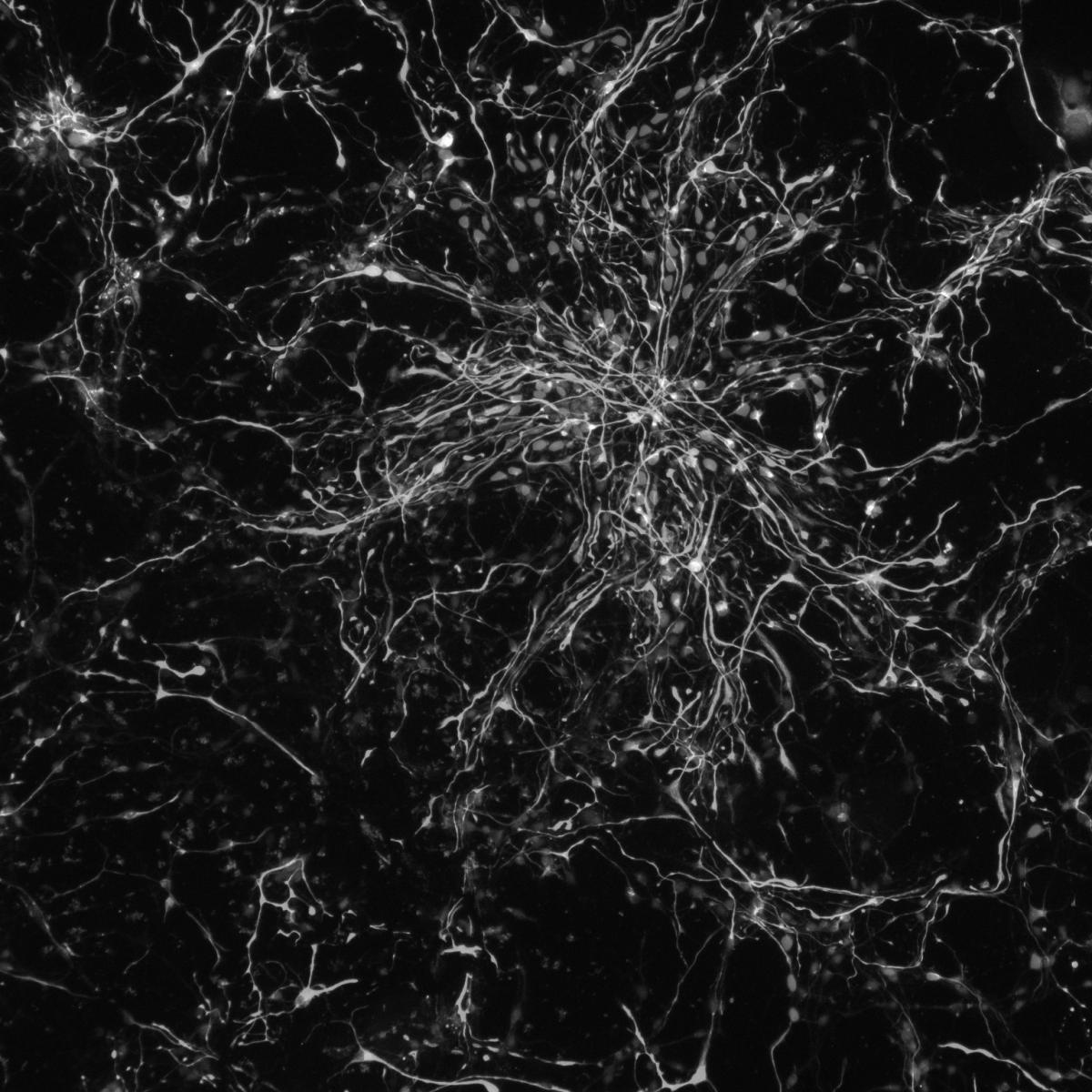
Alex Huk, Ph.D.
- Professor-in-Residence, Psychiatry and Biobehavioral Sciences
- Professor-in-Residence, Ophthalmology
- Director, Fuster Laboratory of Cognitive Neuroscience

Alex Huk, Ph.D., is a neuroscientist who studies how the brain represents and processes information to transform sensation into intelligent action. His research bridges fundamental neuroscience with translational applications, aiming to develop techniques and tools that can provide deeper insights into human brain function.
Huk’s research goal is to understand how patterns of activity running through complex circuits in the brain underlie perception, cognition and action in humans and other animals. Over the last two decades, he has built a strong foundation of basic science work, linking neural activity to visual perception, decision making and working memory.
Building on this foundation, Huk is now collaborating with clinical and translational researchers to apply his technical expertise to studies with direct disease relevance. His current projects span a wide range of topics, from uncovering the neural basis of myopia to tracking the progression of neurodegenerative diseases such as dementia.
Research Projects
- Explicating the neural circuitry involved in persistent neural activity, a foundation for working memory and decision formation
- Understanding how the brain interprets signals from the retinal fovea, an ultra-high-resolution portion of the visual field
- Tracking the progression of neurological diseases across complex brains
- Translating work relying on cutting-edge neuroscientific tools usually reserved for rodents and invertebrates towards an understanding of the human brain
-
Post-doctoral Fellowship
- Physiology and Biophysics, University of Washington and Howard Hughes Medical Institute, 2004
Degree
- Ph.D., Psychology, Stanford University, 2001
